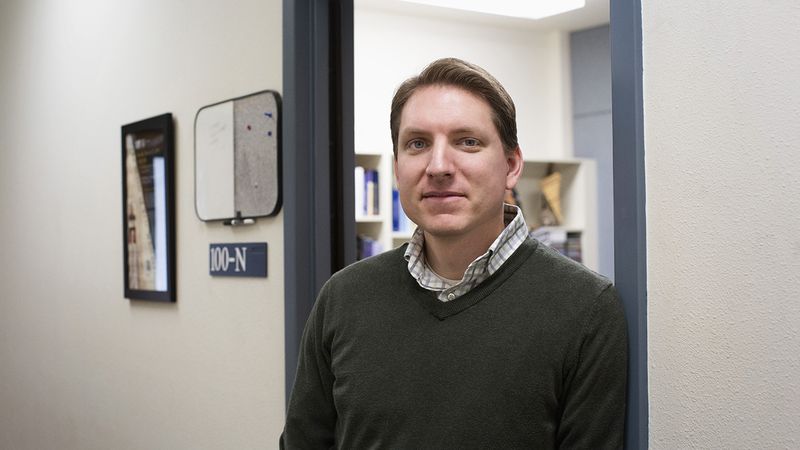Look, we all know it: U.S. schools need reform now more than ever before. Two-thirds of our middle school students are not reading at their grade level, and we rank 35th in the world in terms of math performance—but really, how do we even start to fix this problem? Well, one researcher decided to ask the kids who our current education policies actually affect. The suggestions he received were eye-opening and one was basically just an internment camp.
Out of the hundreds of elementary school and middle school students Dr. Robert Franklin polled, several suggested smaller classrooms, a large number proposed starting class later, and one said that rounding up his classmates, driving them out to the desert, and putting them in another school that was locked all day was the best way to improve his learning experience.
“Many children suggested students spend more time with teachers, and one young man asked for a method to keep certain students away from him for as many months as he felt ‘was necessary,’” said Dr. Franklin. “These kids may only be 11 years old, but they already have some great ideas and one idea that repeatedly involved the phrase ‘reprogramming.’”
So, what does it say about our current system if the list of supplies that children lack includes basic things like paper and pencils, as well as, according to this one student, armed teachers to make sure his classmates can’t conspire against him from the inside?
What can we learn from our children’s suggestions? According to Dr. Franklin, a lot.
“Their suggestions really ranged from wanting more options for after-school activities to a system where students would have to either prove their loyalty or face the consequences,” said Dr. Franklin. “According to one student’s rather lengthy response, the best way to fix the education system would be to work toward the ‘greater good’ by taking everyone on a long list of names he had written and putting them into what he called ‘a safe place’ until further notice.”
“Basically, we have a long way to go before our children are satisfied with our education system,” Dr. Franklin added.
Bottom line: Today’s kids have offered their thoughts on education and one sat down and wrote 5,000 words outlining the benefits of mass sequestration. So, let’s commit to our future and do right by our kids!





